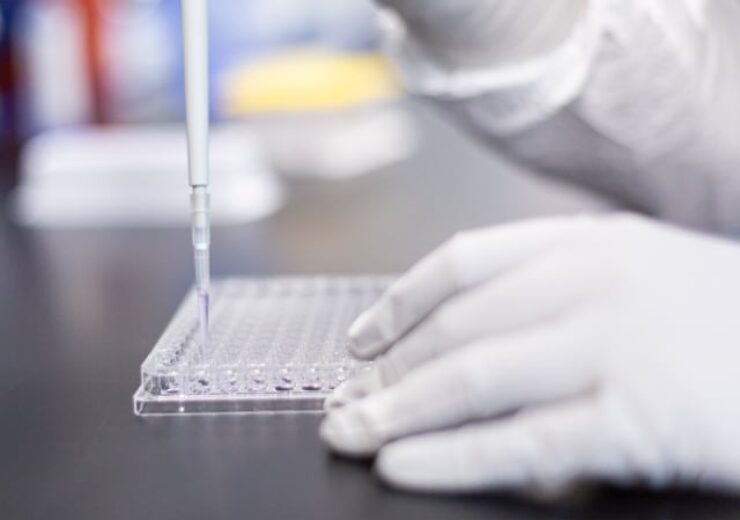In the trial, the vaccine generated a strong immune response against all four A and B strains of the influenza virus in comparison to traditional flu shots in a late-stage trial

Moderna flu shot shows positive results in late-stage trial. (Credit: Moderna, Inc.)
American pharmaceutical major Moderna said that an updated version of its mRNA-1010 flu vaccine has met the primary endpoint in the Phase 3 trial.
In the trial, the vaccine generated a strong immune response against all four A and B strains of the influenza virus compared to traditional flu shots in a late-stage trial.
The flu shot was modified in February after its first version failed to meet the non-inferiority threshold for the two influenza B strains.
According to the firm, the vaccine has been shown to be safe and effective in all age categories, including elderly individuals.
In a different early head-to-head trial, Moderna claimed that it had found that its shot was on par with or better than Sanofi’s high-dose flu vaccination, Reuters reported.
The pharmaceutical company aims to use this data to submit accelerated approval of its flu shot in the US by the end of 2023 with a launch expected in the 2024/2025 season.
Additionally, a separate Phase 1/2 head-to-head study showed higher HAI titers against A/H1N1, A/H3N2, B/Victoria, and comparable titers to B/Yamagata compared to Fluzone HD.
Moderna CEO Stéphane Bancel said: “Our mRNA platform is working. With today’s positive Phase 3 flu results, along with previous results in Covid and RSV, we are now three for three on advancing respiratory disease programmes to positive Phase 3 data.
“In the near term, we look forward to product launches in our oncology, latent, rare and infectious disease franchises.
“In the fourth quarter of this year, we also expect to provide data on our next-generation COVID and flu combination, mRNA-1083, and additional efficacy analysis on our Phase 2 INT study.”
The pharma giant plans to launch 15 new products to address unmet medical needs, advance up to 50 new candidates in clinical trials and expand the mRNA field into new areas during the next five years.
Moderna also said that it was reducing the manufacturing of its Covid-19 vaccine, an updated version of which was approved this week by US regulators, to better meet the lower post-pandemic demand.
